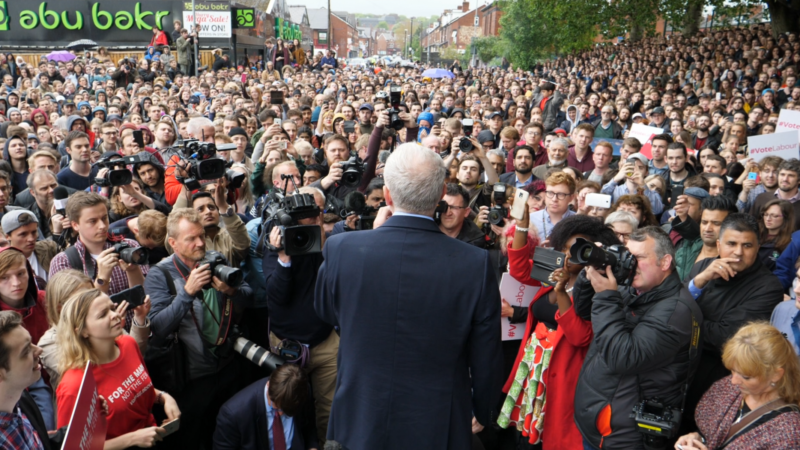
As expected, Labour’s ruling body dismissed the proposal to shift party policy from a conditional public vote commitment to an unconditional pledge at its emergency meeting yesterday. According to one source, only 11 national executive committee (NEC) members – notably Tom Watson, Margaret Beckett and some union reps – voted in favour of TSSA’s amendment, which would have put clear backing for a referendum on any Brexit deal in Labour’s European manifesto. Unsurprisingly, Jeremy Corbyn, Jon Trickett, Rebecca Long-Bailey, youth rep Lara McNeill and all local party reps present were among those who opposed the move.
Why? There is the fundamental fact that they simply don’t like the idea of holding another referendum, seeing it as disrespectful to voters and unhelpful electorally to Labour. A majority of NEC members, like the leadership, would prefer to push through a soft Brexit and get the divorce deal part of the process over and done with. And as I mentioned yesterday, some were concerned about the possible impact on local elections this week, being held in largely Leave areas.
What does this decision mean for Labour? In terms of the European elections, it means canvassers don’t have a crystal clear public vote message on the doorstep – but many MEP candidates are saying whatever they like anyway. Nearly half have already independently made a ‘pure PV’ pledge. With Change UK struggling to get its single policy across unlike the Brexit Party (why didn’t TIGers just call themselves Remain?), some are hopeful that leakage of Labour Remainers to Remain parties will be limited. Polling suggests the European results won’t be disastrous in that respect, though we’ll see later this month whether that pans out.
The longer term implications are more interesting. Labour members have consistently prioritised other things over their pro-EU outlook: by electing a Eurosceptic with a strong anti-austerity line as leader in 2015 and again in 2016; by electing left-wing NEC members a few months ago who they knew would vote in line with Corbyn on EU issues; by electing Lara McNeill as youth rep rather than her anti-Brexit opponent last year. The question is, will that change? At the next leadership election, we could see the pro-EU Labour left split from the Eurosceptic left, with the former backing a candidate like Lloyd Russell-Moyle or Emily Thornberry and the latter supporting Rebecca Long-Bailey, for example.
Brexit isn’t the only topic at the top of the political agenda today – it is again accompanied by climate justice. Corbyn is set to open a debate this afternoon that will see Labour call on parliament to declare a climate emergency. “By declaring a climate emergency, we could set off a wave of action from parliaments and governments around the world. It’s a chance that won’t be available to succeeding generations. It is our historic duty to take it,” he will say. You can already read the best bits of his speech here. And if you’re in London without plans this evening, you may want to take part in the joint demonstration outside, organised by groups including Momentum and Extinction Rebellion, and urge MPs to vote for Labour’s motion.
Sign up to LabourList’s morning email for everything Labour, every weekday morning.



More from LabourList
Letters to the Editor – week ending 15th February 2026
‘Labour council candidates – it’s tough, but all is not lost’
‘Labour won’t stop the far right by changing leaders — only by proving what the left can deliver’